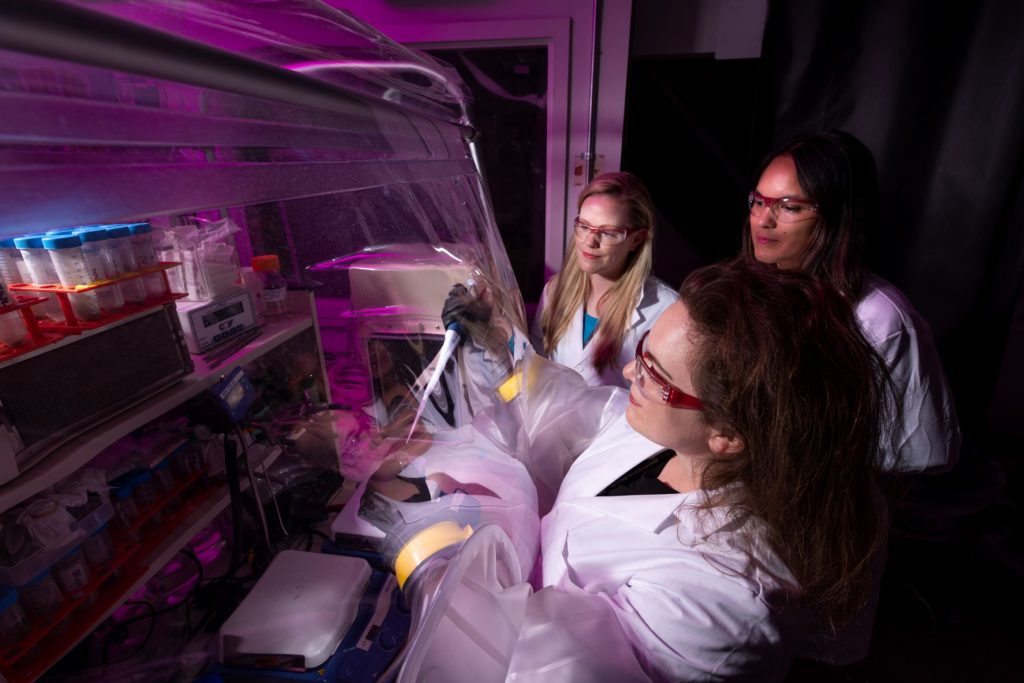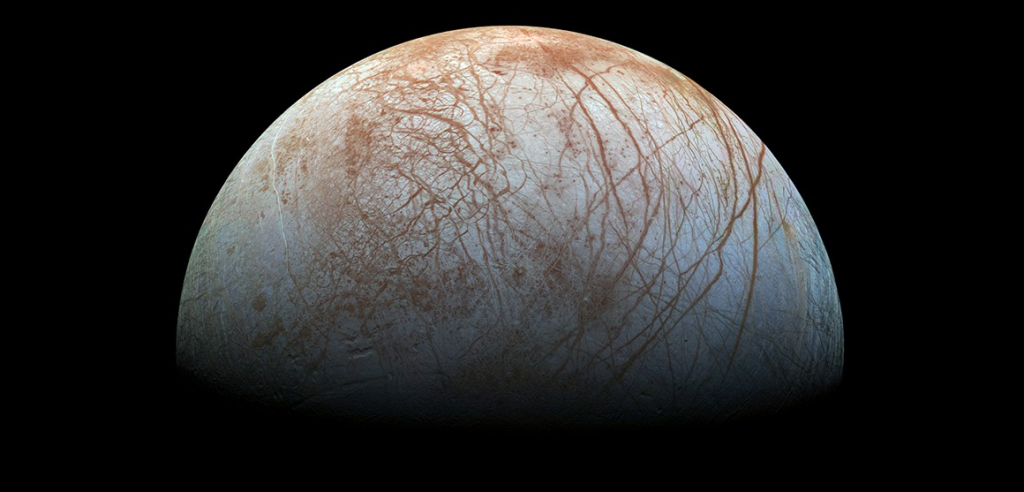Exploring the origin of life on Earth has been one of the most intriguing questions for scientists for decades. NASA’s Jet Propulsion Lab is currently undertaking a groundbreaking study to uncover the earliest chemical reactions that may have led to the formation of life on our planet. The research could also provide invaluable insights into the possibility of life beyond Earth.
In 2022, the team simulated the earliest known building blocks of life, which date back to approximately four billion years ago, at JPL’s Origins and Habitability Lab.

The team’s main objective is to determine whether the first life forms on Earth used the same chemical reactions as current living organisms to generate energy. However, conducting these experiments has proven to be quite challenging, as creating an environment entirely free of oxygen is essential. Oxygen did not exist in substantial quantities in Earth’s atmosphere until large numbers of life forms that could produce it arrived.
The team requires specialized equipment to carry out these experiments, such as an airtight box and filters that can trap any oxygen atoms that may have leaked. In addition, as repeating the experiments several times is necessary, it is time-consuming to ensure that no oxygen has seeped into the test tube.

In addition to laboratory experiments, the team is also exploring other planets or moons that share the same composition as Earth billions of years ago. By examining these environments, the team hopes to replicate the early Earth’s conditions in their lab experiments and validate the results against those from other worlds.
“Finding an environment like this would help us better recreate early Earth in our lab experiments,” said Jessica Weber, who leads the metabolism research at the Origins and Habitability Lab. “That would get us closer to answering some of those big questions about life on our planet and potentially on others.”

By studying the origins of life on Earth, the research could help answer one of the most fundamental questions of our time: Are we alone in the universe?
The study is a significant undertaking for the team, as science is all about repetition, and the team wants to repeat the experiments, again and again to ensure the results are accurate.
Overall, this research is a significant step towards uncovering some of the most pressing questions about life’s origins on Earth and potentially beyond.


